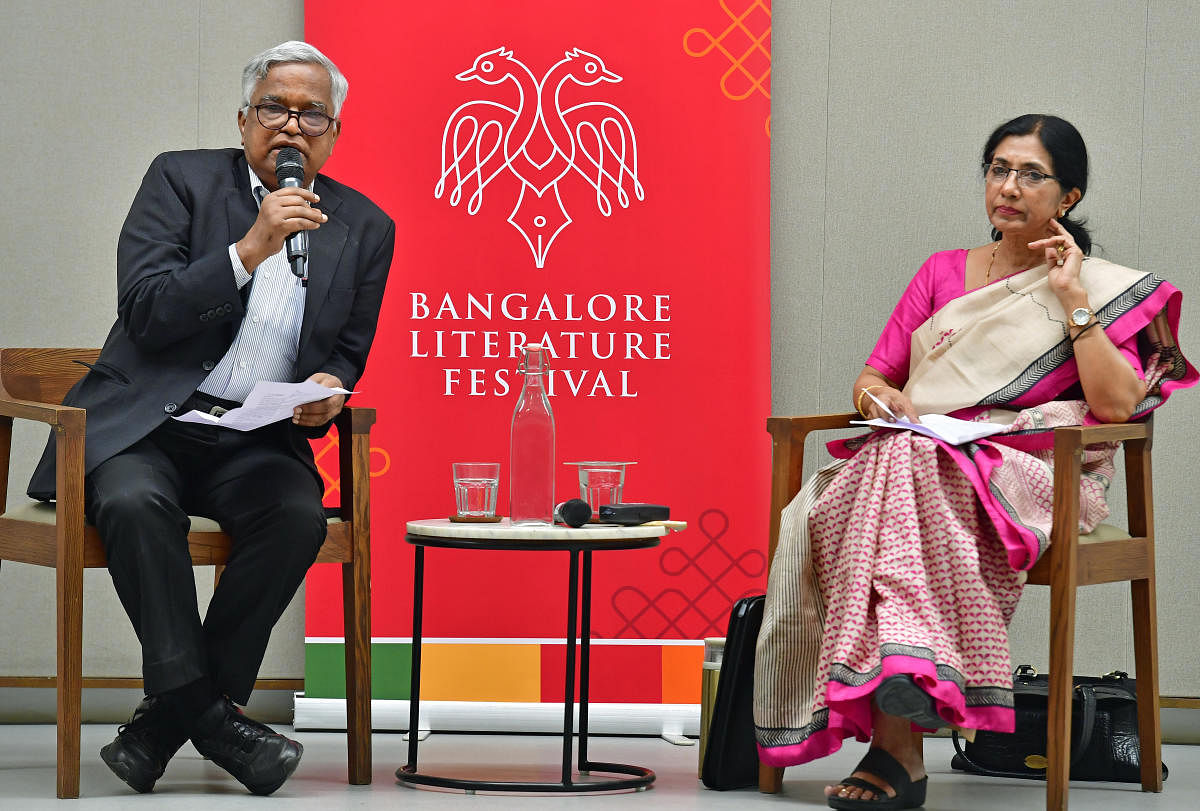
Inequities in the growth of languages could phase out Kannada in the next 100 years, eminent scholar and writer Purushottama Bilimale fears.
Speaking at a session on ‘The Future of Indian Multilingualism’ on the opening day of the Bangalore Literature Festival, he cited a report by Unesco that says Kannada faces the danger of becoming stagnated in 50 years.
He called for a national language policy that takes a holistic view of the situation in the country.
“As per an analysis of census data from 1971 to 2011, the number of Hindi speakers in the country grew by 56 per cent. During the same time, Kannada speakers grew by a mere 3.75 per cent while Telugu and Tamil language speakers grew by 9 per cent and Tulu speakers by 7 per cent. For Kannada, the continuation of such a situation means the language would no longer be used after 100 years,” he explained.
Citing the revised National Education Policy’s (NEP) recommendation that children be taught in the regional language until class 8, he asked the government to implement such key rules rather than try to change higher education. “The basics should be implemented first. More importantly, the NEP says the government should spend at least 4 per cent of the GDP on education. The current spending is 2.8 per cent. It doesn’t look like the government is going to implement such recommendations,” he said.
Bilimale noted that successive governments have not even recognised 19,226 languages in the country. “The Eighth Schedule of the Constitution has 22 languages, of which 18 are from North India. The Sitakant Mahapatra committee had recommended the inclusion of 38 languages, including Tulu and Kodava, back in 2008. Now, the number of languages that deserve recognition has grown to 99. Since including more languages means providing more facilities, the union government is seeking to avoid it by amending the Eighth Schedule,” he added.
He also blamed the Karnataka government for not recognising Tulu and Kodava as administrative languages. “Many states have more than one administrative language. But our government refuses to implement a similar measure,” he said.
Shakira Jabin B, another scholar, rued that successive governments had failed to use regional languages in administration as well as the judiciary.